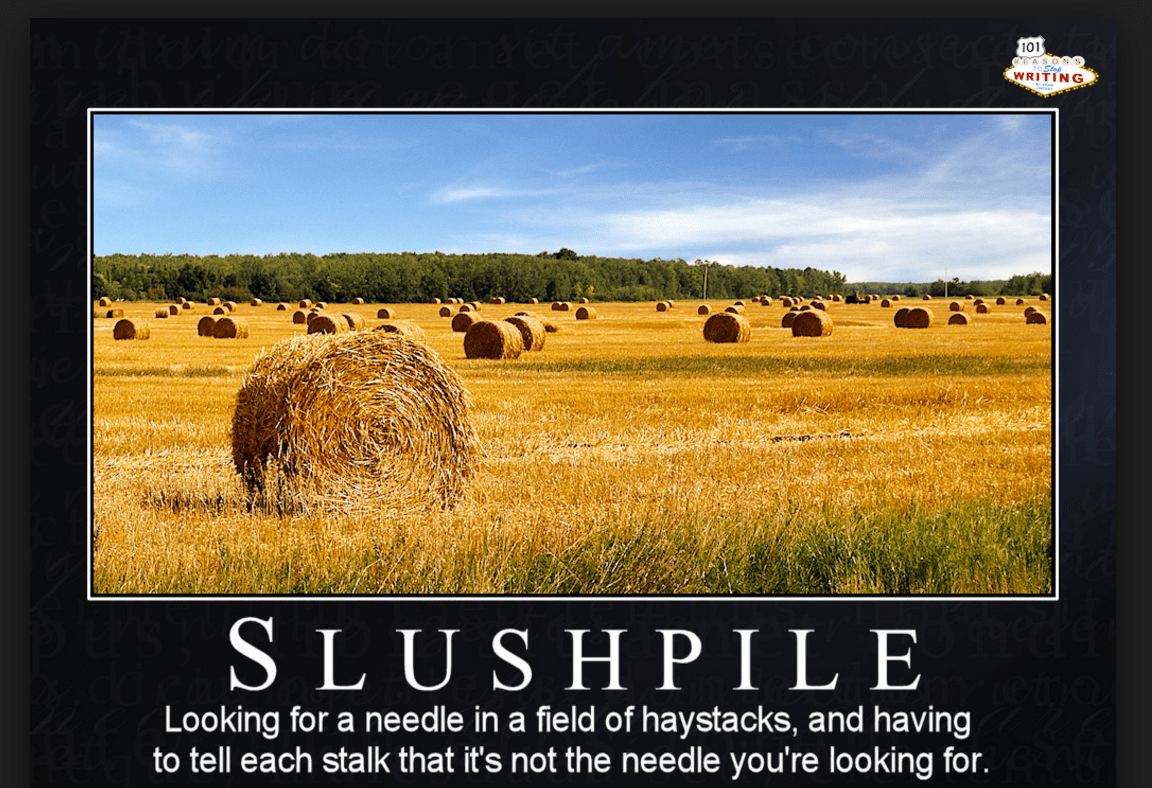When a published book is successful (sells well), the publisher and author begin pondering how to be successful again with the next book.
Often times, the solution to the repeat-success puzzle in non-fiction is having a similar message but aimed at a different audience. You’ve seen it happen many times, whether you realized it was intentional or not.
Examples of branded book lines which have been successful are numerous. For these, the author’s name-awareness can become secondary to the brand.
Since most nonfiction books in the Christian market appeal primarily to adult women, a common second-book might be aimed more specifically at single women, young women, moms, wives, or expanding the message to men, teens, or some other focused group. Applying a generally similar message with more targeted material has been a successful publishing strategy for many publishers.
But if you are an author who wants to go an entirely different direction with your next book, it can be somewhat dissatisfying, creatively speaking.
A successful book can be a blessing or even a curse, as excellent sales “brand” you a certain way. You will be expected to repeat the success, and more than likely, you will be required to do something “same, but different.” Frequently, this means to write a similar book to a more focused audience.
A very small number of authors can write whatever they want, and their readership follows them to whatever they write. The bulk of successful authors are known for something relatively narrow.
If this makes you feel uncomfortable, you need to take a deep breath and get over it.
Authors are in the business of creating a consumer product and it makes no business sense ignoring the consumer when deciding what to write. They are the eventual buyer and consumer, making the entire publishing process work.
In fact, once the needs of the reader begin to mean little to you, consider finding another way to express your creativity and message. Publishing without a reader-focus is destined to fail.
Being a successful author is about giving your readers what they expect. Don’t disappoint them.
It’s why Paul McCartney still sings “Hey Jude” at his concerts, a half-century after the Beatles broke up.
If you are fortunate enough to have a book which sells well, either traditionally or self-published, don’t move too far away from the theme of it for your next one.
In some cases, you simply need to ask yourself how you can re-work the content to aim it more specifically at a certain market and do a book which is a derivative of the first one.
The creative author then enters into the uncomfortable world of creative “sameness” which can feel unfulfilling.
But a successful author will respond to the discomfort with, “Well, that was interesting. Maybe I can do it again and reach more and different readers?”
Once they find something which works, authors with traditional publishers, and successful self-published authors take advantage of the opportunity and stay in their branded publishing lane…until it stops working, at which point they try something else.
Successful publishing of all kinds is more about the reader than the author. Everyone must pay close attention to what readers want to read. Readers are not all alike and no book is for everyone, despite what some may think.
If you are fortunate enough to achieve good results in publishing, be ready to repeat it. Often, this means writing a similar book to a different, more specific audience.



 The Slush Pile: Enter at Your Own Risk
The Slush Pile: Enter at Your Own Risk

“More about the reader than the author.” Thank you, Dan, that’s one for a yellow stickee by my computer.
Great post. It’s as necessary for writers to hear this as it is for teens to get ready for the “real world” where employers don’t care how it makes you feel, they expect steady productivity, fun or not.
When we write to please ourselves we can expect that to be our payment: fulfilling and rewarding until we get hungry.
“Same book, different reader.”
“”More about the reader than the author.”
Alrighty . . . while the idea of “sameness” bothers me because it’s the same song with a slightly different packaging, which doesn’t necessarily offer anything “new” to the reader, can I look at it as “sameness, but going deeper with the theme, characters, or message to reach that different/younger audience?”
I’ll just keep developing that “Yes” attitude and flexible attitude of “You want me to write about happy little orangutans living on Pluto? Absolutely!” and place flexibility, the reader, and prayer at the front of every book-writing journey.
Well, Dan, I think I’d be up for writing a related second book after a successful first one, but I’m one of those writers who chafes at being limited to a narrow market in the first place. Apparently I need to “take a deep breath and get over it”– and I haven’t even been published yet! ? Since agents and publishers have given very strong feedback on both historical fiction and a women’s Bible study and I had an editorial board’s verbal commitment to publish two children’s books, but so far none of them are represented or published, how do I decide which to all-out pursue for those important first and second books? Pitch all to different agents and publishers at the same conference then focus on the genre that gets represented or published first? If I pitched non-fiction to you, would you expect me to tell you about the others? Is there wiggle room in “getting over it”? Would an agent work with a pen name for one genre and a real name for another? (“Getting over it” is hard!?)
In general, (and most people in publishing work in generalities, because everything is so subjective and uncertain) authors who want to eventually write in multiple categories need to establish themselves in one of them before given an opportunity to expand their territory.
For me, as an agent, it is not a positive when an author expresses their desire to do everything. I see it as unfocused rather than having great ability.
Earlier in my life, I knew a lot of musicians. Yes, there were those who could play a wind instrument, keyboards, guitar and sing with pretty good ability. But none of those people were the best I’d ever heard at any of them.
Agents and publishers are looking for great, not flexibility.
I think you need to start somewhere, be great, and then some day, someone may ask if you can tap-dance as well!
The comment on flexibility, I meant that as being flexible to making editorial changes within the MS or writing a book that a publisher may ask the author to write, not necessarily the author writing a different genre if that’s not their brand or expertise.
So . . . authors should be what M-W calls fungible? That is, being of such a nature that one part or quantity may be replaced by another equal part or quantity in the satisfaction of an obligation.
😀
Thanks, Dan. I’m thinking my focus genre for great writing should be the one in which the first book got strong reviews but was sidetracked for lack of platform, and the second book is already written and the third begun. That’s a head start, isn’t it? It seems that I need to become a great platform builder and keep my love of writing Bible studies between me and my women’s group and my love of writing kids’ lit between me and my grandchildren. ?
When I was working at a college, I found that the research I’d have the opportunities to do didn’t necessarily conform to either my background (except broadly) or my interests; research was dictated by organizations (like state Departments of Transportation) funding research into their needs.
It was a broadening experience, to say the least, for a structural engineer to, say, design a research programme aimed at improving the way research projects were managed by the DOT.
And if one liked a challenge, following the money could be kind of fun.
Great points, Dan. When I think of John Grisham, my mind goes to legal thrillers. When I see a book by Nicholas Sparks, my reaction is different. When Sparks wrote a book from the standpoint of a husband who was tired of his wife, I didn’t finish it. I was so disappointed by the point of view that I put it down in my slush pile of books I have never finished. I think he went astray on The Wedding.
John Grisham did a book on baseball and another about Christmas a number of years ago. Did not sell as well as his legal thrillers. Most of his readers rejoiced when he returned to his roots.
Author-wise, he is who he is.
Brilliant!
That is a dilemma that many aspiring authors would love to face.
Thank you Jay well saidandy kaufman character tony